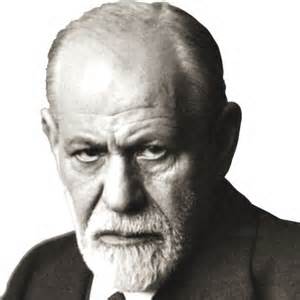It is not necessary to know the theory or history of psychotherapy to be a good therapist, whether you are using psychotherapy or hypnotherapy, or other forms of therapy. However, it may be of interest to understand where it came from and how hypnotherapy developed, but the most important factor is the quality of the therapeutic relationship.
Which form of psychotherapy is most effective?
There is considerable controversy about which form of psychotherapy is most effective, and more specifically, which types of therapy are optimal for treating which sorts of problems. Furthermore, it is controversial whether the form of therapy or the presence of factors common to many psychotherapies best separates effective therapy from ineffective therapy. Common factors theory asserts it is precisely the factors common to the most psychotherapies that make any psychotherapy successful: this is the quality of the therapeutic relationship.
Questioning the value of psychotherapy
In 1994 the late Frank Pittman published “A Buyer’s Guide To Psychotherapy,” calling psychotherapy a decision about “whose wisdom to buy” while questioning the value of a profession he had practiced for more than three decades:
“For 33 years as a psychotherapist, I’ve sold myself by the hour … I used to be proud of what I did. That has changed. Perhaps it was the unsettling experience of trying to explain to friends from abroad – for whom American psychotherapy is a foreign culture—how perennial psychotherapy customer Woody Allen could have undergone therapy for most of his life and still not have seen anything incestuous in his sexual relationship with his de facto stepdaughter, the sister of his children. When asked about his analyst’s reaction, Allen is rumoured to have said, ‘It didn’t come up. It wasn’t a relevant issue for my therapy.’”
Long relationships with psychotherapists can lead to dependence, e.g. Woody Allen in the previous quote.
In 2001, Bruce Wampold of the University of Wisconsin published the book The Great Psychotherapy Debate. In it Wampold, who has a degree in mathematics and who went on to train as a counselling psychologist, reported that:
- Psychotherapy is indeed effective
- The type of treatment is not a factor
- The theoretical bases of the techniques used, and the strictness of adherence to those techniques are both not factors
- The therapist’s strength of belief in the efficacy of the technique is a factor
- The personality of the therapist is a significant factor
- The alliance between the patient(s) and the therapist (meaning affectionate and trusting feelings toward the therapist, motivation and collaboration of the client, and empathic response of the therapist) is a key factor
Wampold therefore concludes that “we do not know why psychotherapy works”.
The following study looked at the effects of hypnotherapy in the treatment of methadone addicts
This study sought to examine the effects of hypnotherapy on the ability of methadone-maintained patients to reduce and/or eliminate their drug-taking behaviour. Seventy adult volunteers at a methadone maintenance program were randomly assigned to experimental and control groups. The experimental group received hypnotherapy for six months in addition to the psychotherapy offered as standard clinic treatment. The control group received only psychotherapy. After treatment, a six-month follow-up was conducted by interviews. Groups were compared to determine significant differences in the number of successful withdrawals, the mean change in methadone dose level, incidence of illicit drug use, and degree of discomfort. Significant differences were found on all measures. The experimental group had significantly less discomfort and illicit drug use, and a significantly greater number of withdrawals. At six-month follow-up, 94% of the subjects in the experimental group who had achieved withdrawal remained narcotic-free.
A Comparative Study of Hypnotherapy and Psychotherapy in the Treatment of Methadone Addicts by Aaron J. Manganiello Ed.D., published online in 2011


Leave A Comment